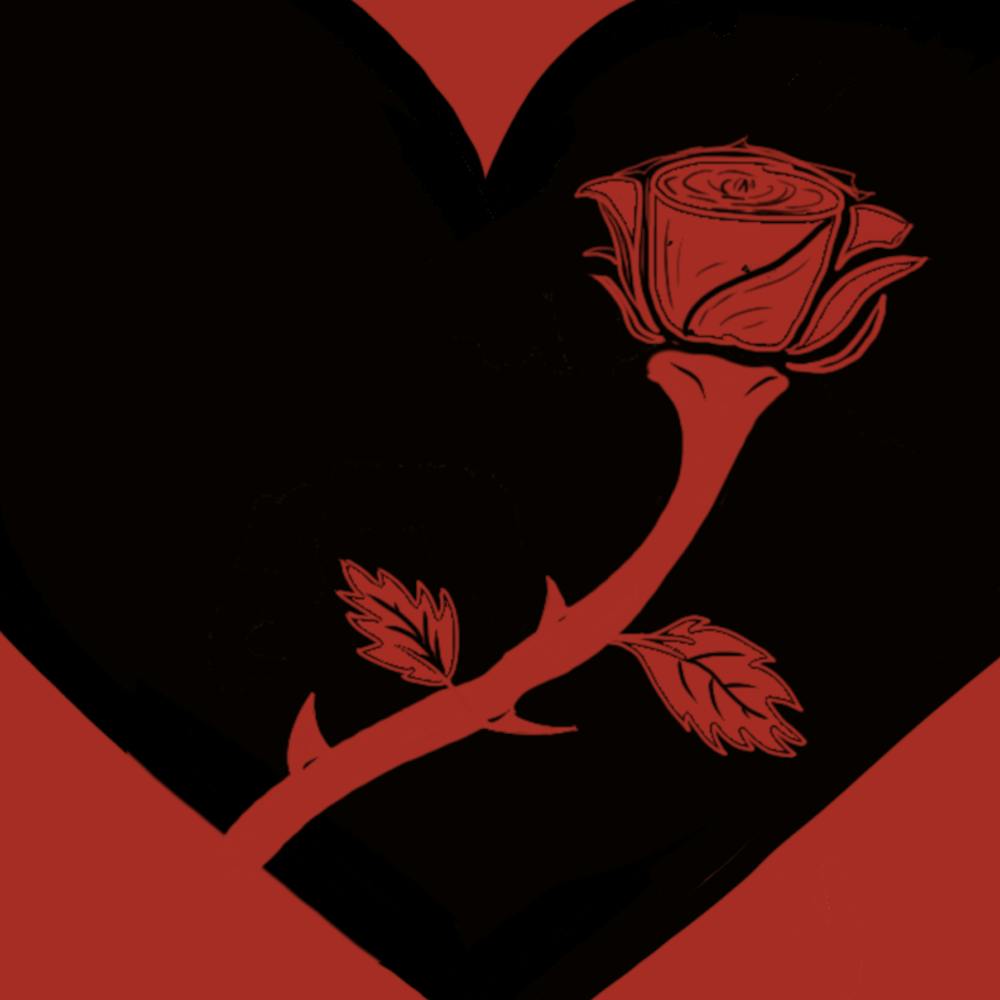The Bachelor, a popular dating and relationship TV series with the goal of finding one eligible bachelor a wife, is continuing to catch the interest of people across the nation.
The series revolves around a single bachelor who starts with a pool of romantic interests from which he is expected to select a wife. During the course of the season, the current bachelor eliminates candidates and proposes marriage to his final contender, according to the Bachelor Nation website.
The participants travel to romantic and exotic locations for their adventures and the conflicts in the series, both internal and external, stem from the elimination-style format of the show.
The Bachelor made its debut in 2002 and has been airing ever since. There have since been three spinoff series: The Bachelorette, Bachelor in Paradise and the short-lived Bachelor Pad. The Bachelor is currently in the middle of the 24th season with Peter Weber as the current bachelor.
Although there have been 23 other seasons spanning over almost two decades, only two couples from The Bachelor are still together. Between The Bachelor and The Bachelorette combined, 83% of couples have called it quits after filming.
Kimberly Little, an associate professor of women’s gender and sexuality studies, said she believes the show is so popular because viewers like to watch a love story combined with comedy, no matter the age.
“I do think that folks born in the social media age (now college-aged) tend to interact more with all sorts of visual media like reality TV, since they can follow favorites on social media and also engage in fan chats that pop up all over various social media platforms,” Little said.
Being a reality TV series, The Bachelor is full of drama. It’s no secret that producers play a role in what goes on while filming in an attempt to make the season more dramatic, evidenced in an article from Bustle.
Little says that the drama typically elicits an extreme reaction from viewers, which could be a reason why the show is so well-favored.
“Those kinds of extremes are intended to elicit equally extreme audience responses, and they could also be part of the reason why folks who do not watch The Bachelor either recoil or embrace it as a concept/show,” Little said.
The show’s marketing is largely intended to target women. Little pointed out that the show plays on old-fashioned notions of gender.
“The marketing plays upon archaic notions of gender as well,” Little said. “The old notions that women want to be princesses who are swept off their feet by romantic partners and will engage in all sorts of trivial, backstabbing behavior to be with/secure that Prince Charming.”
Although the show is typically a favorite among high-school and college students, some students say they aren’t impressed with this season.
Cara Renfro, a junior studying journalism, said she usually watches the show with friends to see where the contestants travel and likes to joke about all the drama.
“Obviously it’s reality TV, but I think this season is too fabricated and the producers are making it too cliche with all the drama,” Renfro said.
She also said she hasn’t been super into the show this season, but she believes that Madison will be the one that Weber ends up proposing to.
Sydney Mollica, a sophomore studying communication sciences and disorders, said she thinks she would genuinely enjoy The Bachelor but just never got into it.
Although Mollica doesn’t keep up with the series, she has friends who hold watch-parties for it and she sees it all over her social media.
“I think I would genuinely enjoy it, but I never have given it the chance,” Mollica said. “Instead, I watch a lot of Netflix originals and psychological thrillers.”






